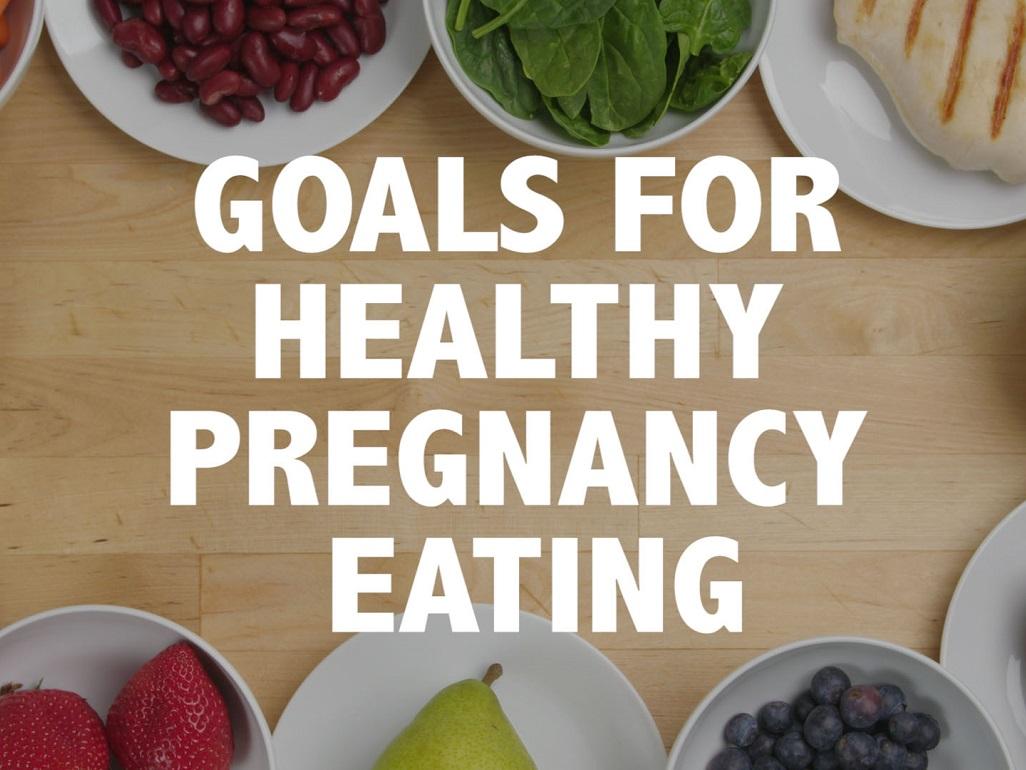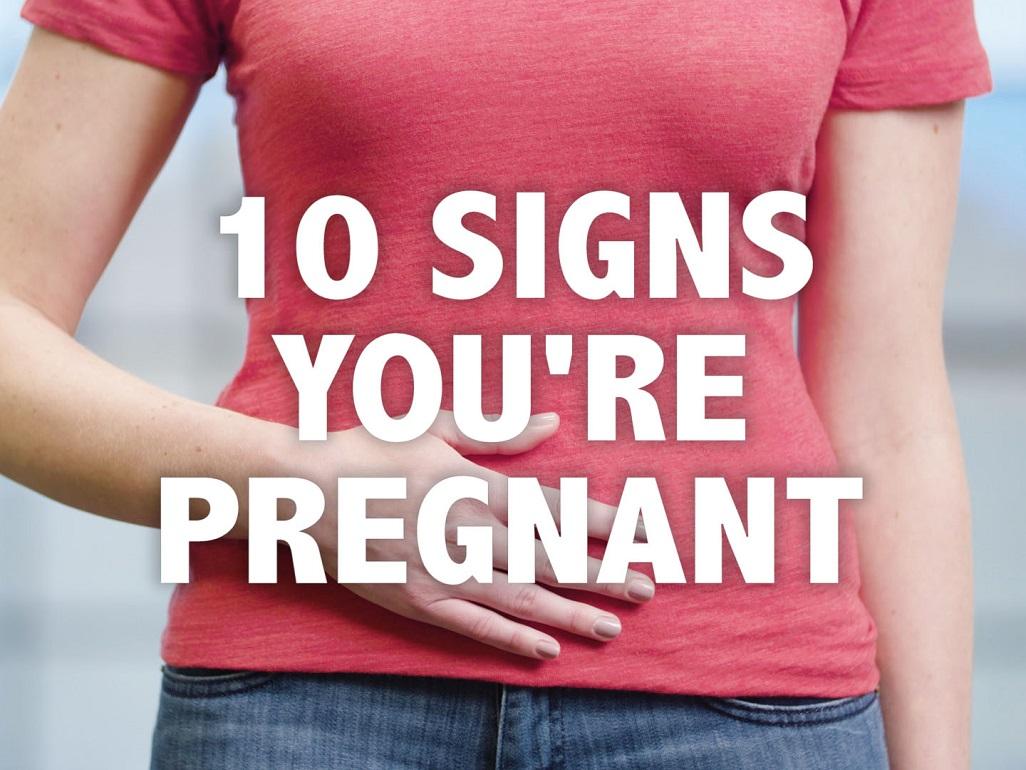Pregnancy
A healthy diet for pregnancy (video)
Find out how to eat a healthy diet during pregnancy and what's not safe to eat. Can I eat soft cheese? Can I have half a glass of wine?
Then check out our week-by-week guide to eating well during pregnancy.
Then check out our week-by-week guide to eating well during pregnancy.
Show transcript
Hide transcript
Holly Elsworth (Presenter): Staying healthy is important when you’re pregnant for both mum and baby. Mums-to-be need to eat a broad range of food to ensure you get the nutrients you both need.
Hannah Dahlen (Australian College of Midwives): Like anybody, we should really be eating our five main food groups.
Holly: Hannah Dahlen from the Australian College of Midwives has researched the foods that mums should and shouldn’t be eating during this time.
Hannah: So our cereals, our vegetables, our fruit, our calcium, and our protein, our meats and things like that, so it’s about having a balance between those five food groups, that’s really important.
Holly: And what foods should mums avoid?
Hannah: There are some foods that we do recommend mums avoid. Things like our soft cheeses, your bries, your camemberts, your blue cheeses unfortunately. Also things like pate, and your cold cut meats that are sitting around in your deli, also raw fish like in sushi.
Holly: Experts agree an average sized woman should gain between 12 and 14 kilos during pregnancy.
Hannah: So for a woman who is of normal weight that’s probably ideal, but if a woman is overweight, we are now saying probably they should gain half of that, and if they are very overweight, then we’ve really now got more and more evidence to say that actually gaining no weight or very little weight in pregnancy gives a greater advantage to mother and baby as far as health.
Holly: And how about exercise in pregnancy?
Hannah: We know that around half an hour of exercise a day is a really good idea, it makes mum feel better, it helps her cope with the labour better, there are so many advantages, it also helps her not to put on weight.
Holly: What are the guidelines for alcohol?
Hannah: We used to say one or two sips should be fine. But in fact the new guidelines are that we know of no safe level. So they’re actually recommending completely abstaining from alcohol.
Holly: For more health and nutrition tips go to babycenter.com.au.
Hannah Dahlen (Australian College of Midwives): Like anybody, we should really be eating our five main food groups.
Holly: Hannah Dahlen from the Australian College of Midwives has researched the foods that mums should and shouldn’t be eating during this time.
Hannah: So our cereals, our vegetables, our fruit, our calcium, and our protein, our meats and things like that, so it’s about having a balance between those five food groups, that’s really important.
Holly: And what foods should mums avoid?
Hannah: There are some foods that we do recommend mums avoid. Things like our soft cheeses, your bries, your camemberts, your blue cheeses unfortunately. Also things like pate, and your cold cut meats that are sitting around in your deli, also raw fish like in sushi.
Holly: Experts agree an average sized woman should gain between 12 and 14 kilos during pregnancy.
Hannah: So for a woman who is of normal weight that’s probably ideal, but if a woman is overweight, we are now saying probably they should gain half of that, and if they are very overweight, then we’ve really now got more and more evidence to say that actually gaining no weight or very little weight in pregnancy gives a greater advantage to mother and baby as far as health.
Holly: And how about exercise in pregnancy?
Hannah: We know that around half an hour of exercise a day is a really good idea, it makes mum feel better, it helps her cope with the labour better, there are so many advantages, it also helps her not to put on weight.
Holly: What are the guidelines for alcohol?
Hannah: We used to say one or two sips should be fine. But in fact the new guidelines are that we know of no safe level. So they’re actually recommending completely abstaining from alcohol.
Holly: For more health and nutrition tips go to babycenter.com.au.
Last reviewed: July 2018
Track your baby’s development

Join now to receive free weekly newsletters tracking your baby’s development and yours throughout your pregnancy.
By registering you agree to our Terms of Use & Privacy policy. We use your information to send you emails, product samples, and promotions on this website and other properties.
Advertisement
-
Community
-
Getting pregnant
TOP RESOURCES
-
Pregnancy
TOP RESOURCES
-
Baby
TOP RESOURCES
-
Toddler
TOP RESOURCES
-
Preschooler
TOP RESOURCES
- Is your child getting enough sleep?
- Healthy diet for children 3-5 years
- Taming preschooler aggression
- How to teach your child to read
- When should you stop daytime naps?
- How kids learn to share
- Coping with night terrors
- What to do about nail biting
- Ways to avoid saying "no" to your child
- Put an end to bedtime battles
- Is your child anxious?
- All about molluscum contagiosum
- Signs of meningitis to watch for
POPULAR TOPICS -
Life as a parent
TOP RESOURCES
- Your body after birth
- Healthy post-birth weight loss
- Postnatal symptoms to watch out for
- Bleeding after the birth
- Coping with the baby blues
- Plan the perfect naming ceremony
- Childcare: what you need to know
- Your rights & benefits
- Sex secrets for parents
- When can you fly with your baby?
- Trouble-free travel 0-8 months
-
Video
TOP VIDEOS
- How to sleep better in pregnancy
- Healthy eating for mums-to-be
- 6 fun baby shower games
- What happens during childbirth
- Massaging your newborn
- 3 ways to burp your baby
- How to swaddle your baby
- 8 signs your baby wants milk
- 5 comfortable breastfeeding positions
- How to do baby-led weaning
- 10 finger foods for starting solids































